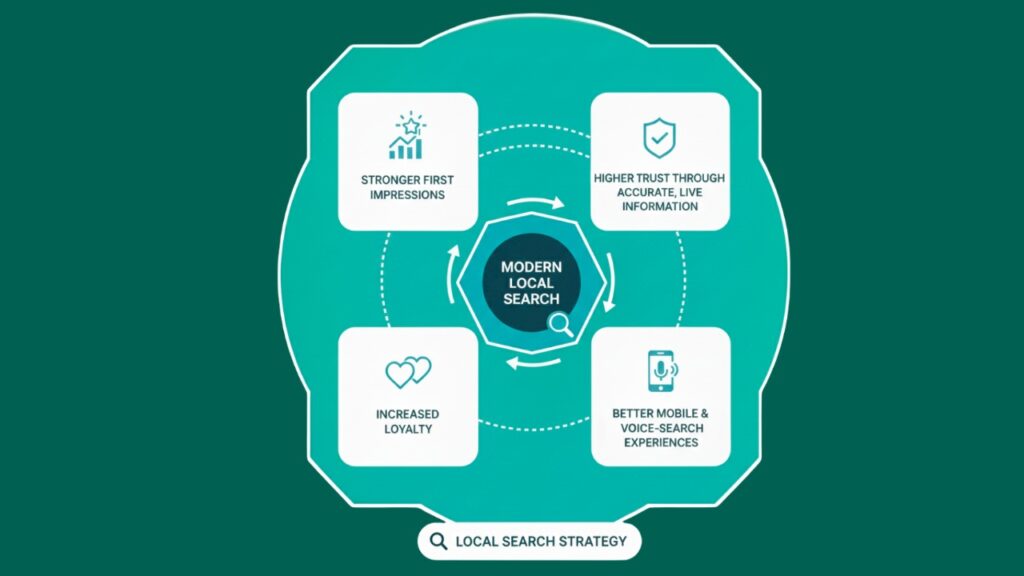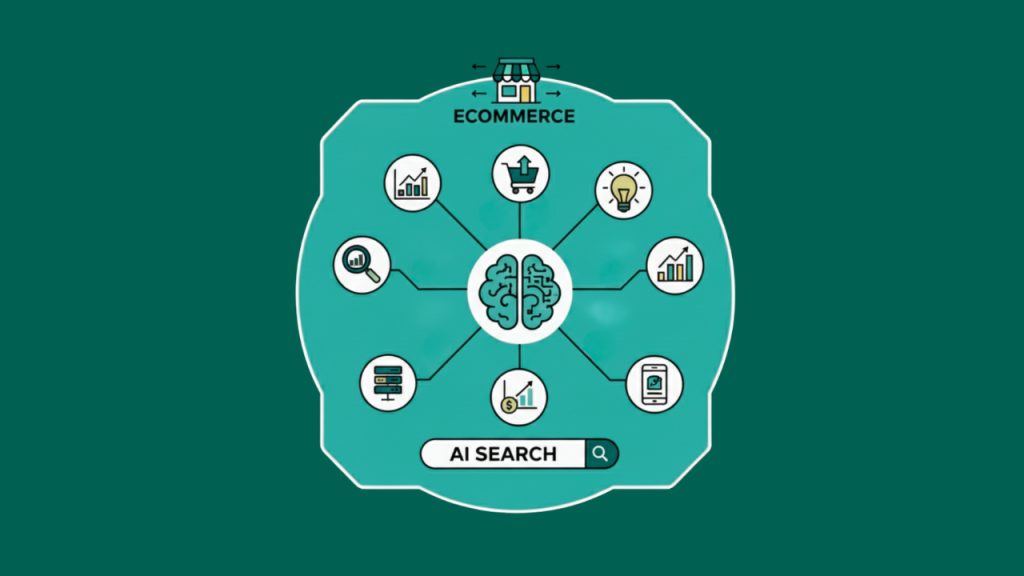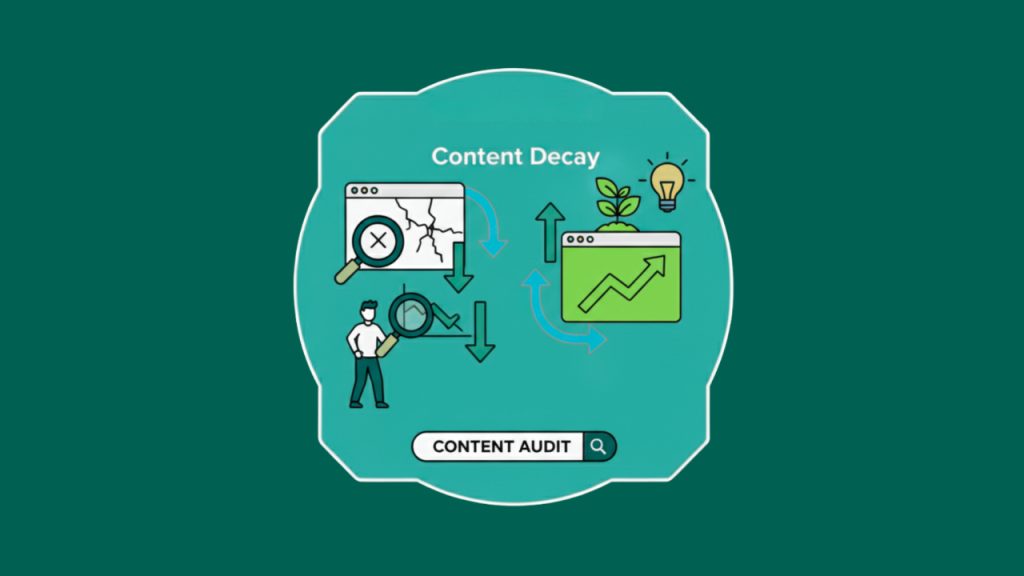People’s buying intent online is always evolving. Online searches, clicks, and scrolls show more than just interest. They reveal feelings, needs, and choices. These new buyer behaviour trends 2025 reveal how technology and emotion now move together.
Customers want more than quick answers. They want trust, value, and brands that feel real. A search can start with curiosity and end with loyalty. AI, voice tools, and personal feeds quietly guide decisions every day.
The line between searching and buying is fading fast. Businesses must watch small actions, patterns, and signals to keep up.
This blog explores how next-gen search is changing decisions and why brands need to understand these shifts to succeed.
Table of Contents
Buyers Want Search That Understands Context, Not Just Keywords
The Shift from Keywords to Intent
Search today is more about meaning than words. People no longer type to match exact terms. They type to solve a problem or find a solution. A query like “Best laptop for remote work” is not about laptops alone.
Buyers care about battery life, speed, weight, and usability. They expect search engines and AI tools to understand the full picture, not just copy keywords.
Results now reflect intent, context, and need. Businesses ignore this risk because it is invisible to users who are searching for answers, not phrases.
What Businesses Should Do
Focus on content that explains ideas, not just hits words. Build topic clusters so related content connects naturally. Include FAQs, conversational phrases, and long-tail searches to meet how buyers ask questions.
Structure pages to guide readers through stages, from learning to comparing to deciding. Using predictive search SEO can take this further. It helps anticipate what buyers might look for next.
Clear headings, internal links, and logically grouped content allow search engines to suggest your pages at the right moment.
This approach boosts visibility and shows users that your site understands their needs before they even finish asking.
Personalisation and Predictive Search Are Driving Decisions
How Predictive Search Shapes Buyer Journeys
Search has changed. Today, tools like Google Discover, YouTube recommendations, and AI content feeds suggest results before someone even asks. This is predictive search in action.
It looks at browsing habits, watch history, clicks, and interests to serve what feels relevant.
People now type or speak questions naturally, thanks to conversational search. For instance, “Which laptop is best for video calls and editing?” gives more context than just “laptop specs.”
Search engines respond with answers covering performance, battery life, portability, and price. This kind of anticipation guides users step by step, often before they know what they want.
What Businesses Should Do
Brands need to plan ahead. Use first-party data like email lists, CRM insights, and cookies to understand user behaviour. Create content that reflects recurring patterns and questions.
Use schema markup and structured data so search engines understand the context behind your pages. Include natural questions and conversational phrases so content aligns with conversational search trends.
When predictive search and personalisation work together, users feel understood. The journey becomes smoother, decisions happen faster, and engagement grows. Anticipating needs builds trust while keeping content relevant and discoverable.
Trust and Transparency Matter More Than Rankings
The Rise of E-E-A-T and Authentic Brand Signals
Search is evolving. Google now looks for E-E-A-T: Experience, Expertise, Authoritativeness, and Trustworthiness. Buyers notice these markers. They want brands that truly understand their field.
Small, copied, or generic content fails to convince. Readers check the author, the brand’s history, and whether the information feels honest. Buyer behaviour trends 2025 show that credibility now shapes decisions more than rankings. Brands that appear knowledgeable, authentic, and human capture attention. Real experience draws readers in and slowly builds trust.
What Buyers Really Want
Customers value honesty and clarity. They want real testimonials, clear pricing, expert advice, and current information. Pages that appear automated or generic turn users away. Users prefer brands with identity and messaging that is consistent across websites, social media, and other channels. Trust often decides whether they act. Buyers want confidence before making a choice.
What Businesses Should Do
Brands must adapt. Use natural language and Q&A content for voice SEO. Optimise images with high-quality visuals, alt text, and product tags for visual search.
Add AI features like chatbots, guided suggestions, and conversational flows. This ensures products appear in voice, visual, and AI searches. Brands that act this way reach buyers at every step.
Buyers Expect Seamless, Human-Centric Search Experiences
The Emotional Side of Search
Search is now part of the brand experience. People expect fast-loading pages and clear, simple layouts. They respond to content that feels human. Short stories, visuals, and video guides build connections. Personalised journeys make users feel understood. According to buyer behaviour trends 2025, intuitive and natural search keeps people engaged. Every click should feel smooth, effortless, and meaningful.
What Businesses Should Do
Brands must integrate UX, content, and SEO. Focus on mobile-first design and Core Web Vitals to make pages fast and stable. Invest in human-centred design, storytelling, video explainers, and personalised pathways.
Experiences should feel thoughtful and easy to use. Search becomes a natural and engaging journey that resonates with users by combining technical optimisation with human insight.
Key Takeaways – What the Future of Search Means for Your Business
Search is now becoming human, predictive, and emotional. Users expect answers that feel personal. They want speed, clarity, and relevance. Anticipating their needs builds trust.
Marketers who mix behavioural data, AI insights, and authentic branding will stand out. Watching how users act, predicting intent, and delivering content that feels real creates stronger connections.
Brands that appear knowledgeable and human earn attention faster than those chasing rankings alone.
SEO is about timing, trust, and relevance. Show the right content, at the right moment, in the right way. Make every interaction meaningful. Businesses that embrace this approach will engage users, build loyalty, and grow steadily.
Bonus Tip: Start Preparing for AI-First Search Now
AI is shaping search. Brands that act early get ahead.
- Zero-click answers – Show in snippets, panels, and instant results.
- Featured snippets – Use short, clear answers with lists or tables.
- AI-driven discovery – Match content with recommendation engines and AI tools.
- Structured data – Use schema for products, FAQs, reviews, and guides.
- AI content checks – Review for accuracy and trust.
- Real-time analytics – Track clicks, queries, and engagement to adjust fast.
- Personalised journeys – Guide users with tailored suggestions and dynamic content.
Small steps today prepare your brand for buyer behaviour trends 2025 and AI-first search.
Conclusion – Winning the Search of the Future Starts with Understanding Buyers
The next decade of search will belong to brands that truly listen. Those who notice what buyers want, predict their questions, and act before users even ask will lead the way. Search is not only about visibility. It is about trust, relevance, and real connections.
At Midland Marketing, we guide businesses to match strategies with buyer needs. Your brand can stand out and stay ahead of trends.
Ready to future-proof your SEO? Explore our services and step into the future of search. Take action now.
FAQs
- What are the buyer behaviour trends for 2025?
They show how people look for products and make buying choices online. Personalised experiences, predictions about needs, trust, and emotional connection guide decisions.
- How is AI changing search?
AI anticipates what users want. It drives recommendations, voice responses, and tailored results. Context now matters more than keywords.
- Why is trust more important than rankings?
Credible content wins attention. Google favours pages that show expertise and honesty. Users follow brands they can believe in.
- How can businesses prepare for AI-first search?
Concentrate on zero-click results, featured snippets, and organised data. Personalise content, monitor real-time data, and check AI output.
- What role does personalisation play in modern SEO?
Users remain interested thanks to tailored content and predictive suggestions. Anticipating needs increases loyalty, clicks, and conversions.












